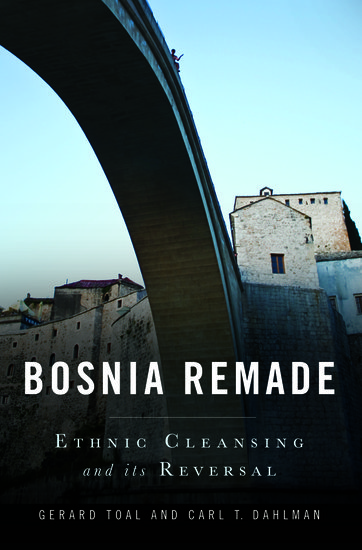Shakespeare and Cervantes die
The date 23 April 1616 marked the end of two eras in world literature; for on that day, two giants of Renaissance letters died. Poet and playwright William Shakespeare died in his home at Stratford-upon-Avon. Farther south, Spanish poet, playwright, and novelist Miguel de Cervantes also passed away.





